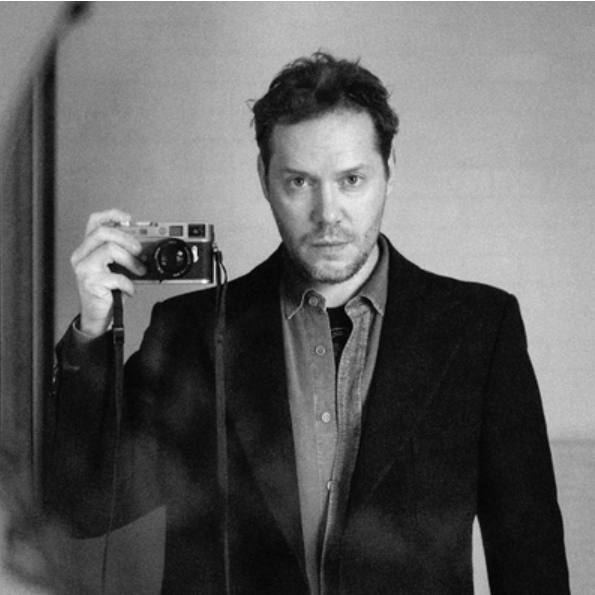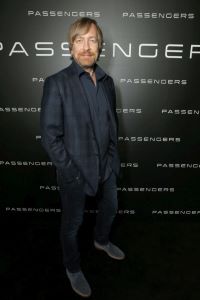

The screenwriter for Passenger was Jon Spaihts, the same mind behind movies such as Prometheus and Dr. Strange. Spaihts is overall known for his science fiction genre of writing, and his work on Passengers is no exception in regard to his typical style; however, the story behind his creation of the film shows that the technology was actually intended to take more of a back seat. Spaihts's original vision aroze from ideas of isolation and finding love in a place in "which no one else can see into," metaphorically and literally.[1] The concept of entrapment within the confines of an interstellar ship due to the failure of hibernation soon followed, and the foundation of Passengers was set.[2]
There are notable innacuracies with the computing technologies and overall science in Spaiht's written work, and he acknowledges this, stating that the purpose of the movie is to not commentate on computing technologies alone, but moreso how they impact human beings. "Ultimately," he says, "you want the focus to be on the characters' story."[2] The setting of the Avalon sets the stage for a narration of philosophical questions and ethical decisions that the audience can discuss when they step outside of the theater. The scenario of being stranded on the ship exists to "provide external metaphors for the internal experiences we all have already."
The director of Passengers, Morten Tyldum, agrees with Spaihts's sentiment; the relationship between Jim Preston and Aurora Lane takes center stage in the film, made possible thanks to the science fiction setting of the movie and the computing technologies that bring the story to life. He does discuss smaller but still prominent themes of the movies related to computing devices. He brings up how Passengers takes place in a future where all necessary machines are so common on Earth that one can be thrown away for another if it is to break. As a result, Jim the mechanic "is not needed in his planet anymore, he’s obsolete."[3]
Tyldum also discusses the relationship that Jim and Aurora each have with Arthur. Arthur is an android with artificial intelligence, and yet it is visible in the movie that both Jim and Aurora are able to develop deep, human-like relationships with him. Tyldum adds onto this, posing the questions of, "What does it mean to be human, a machine, alive? If we think a machine can be human is it human?"[3] There are clearly many smaller themes that arise from the existence of computing devices in Passengers. Nonetheless, it is clear from both the director and screenwriter of the film, that the heart of the movie's technological body is the relationship and story of two passengers.